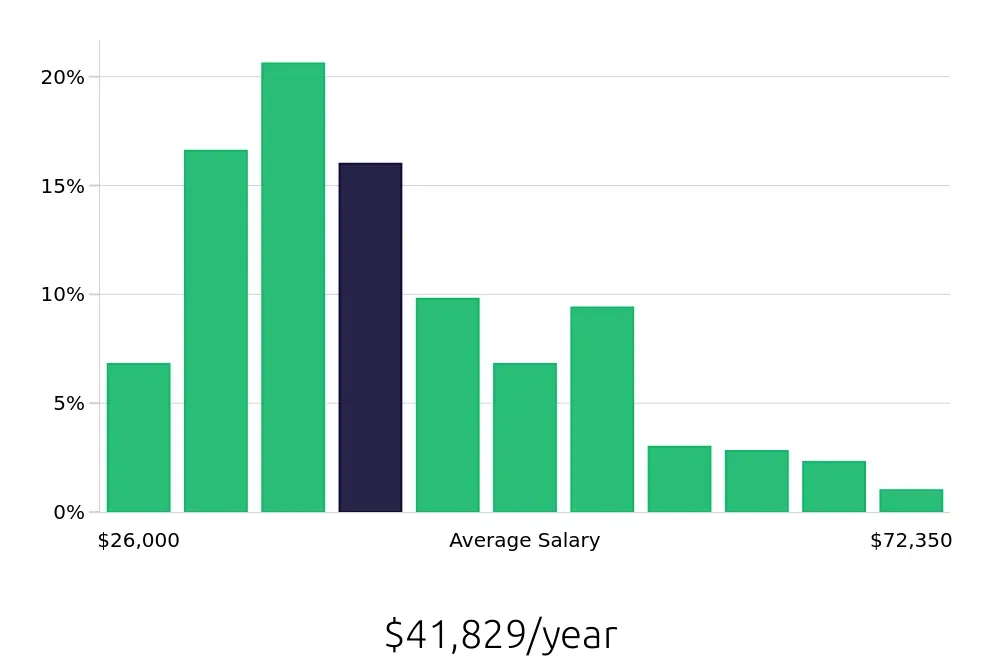Position
Overview
A Store Manager leads a retail team to reach the store’s sales goals. This role involves overseeing day-to-day store operations and ensuring a great customer experience. Responsibilities include managing inventory, training and motivating staff, and implementing marketing strategies. A Store Manager ensures that the store runs smoothly, meets performance targets, and maintains a welcoming atmosphere for customers.
This role requires strong leadership skills and the ability to work under pressure. A Store Manager coordinates with different departments to ensure all store functions are aligned with the company’s objectives. They also handle any customer complaints and provide solutions to enhance customer satisfaction. A Store Manager must be detail-oriented and have a passion for retail. This position offers opportunities for career growth and advancement within the company.
Becoming a Store Manager is a rewarding career move. This role requires a blend of skills, dedication, and experience. With the right steps, anyone can achieve this goal.
Aspiring Store Managers should follow these steps for success:
The journey to becoming a Store Manager often includes a combination of education and experience. Many employers prefer candidates with a high school diploma or equivalent. Some may require an associate’s degree or higher, especially for larger retail chains. Gaining hands-on experience in retail roles such as Sales Associate or Department Coordinator helps develop necessary skills.
The time frame varies widely based on individual circumstances. On average, it can take three to five years to move from an entry-level position to a Store Manager role. This timeline includes gaining experience, demonstrating leadership abilities, and possibly pursuing additional training or certifications. Some may achieve this role faster with strong performance and dedication, while others might take longer based on opportunities and career paths.
We are seeking an experienced and dynamic Store Manager to oversee daily operations, ensure exceptional customer service, and drive sales growth in our retail store. The ideal candidate will have a strong background in retail management, excellent leadership skills, and a passion for delivering outstanding performance.
Responsibilities:
Qualifications
A career as a Store Manager offers a blend of leadership, customer service, and business skills. This role involves overseeing daily store operations, managing staff, ensuring customer satisfaction, and driving sales. Store Managers often work in retail environments, overseeing everything from inventory to budgeting. This position requires strong organizational skills and the ability to work under pressure.
Choosing this career path comes with its own set of benefits and challenges. Consider these points when evaluating a career as a Store Manager:
The job outlook for Store Managers offers promising opportunities for those in the job market. According to the Bureau of Labor Statistics (BLS), there are about 1,057,100 job positions available each year. This trend indicates a robust demand for qualified Store Managers. The projected percent change from 2022 to 2032 is 5.0%, suggesting steady growth in this field. This growth reflects the ongoing need for effective leadership in retail environments.
Store Managers play a critical role in the retail industry, overseeing daily operations and ensuring customer satisfaction. With the average national annual compensation sitting at $38,400, this career provides a stable income. The hourly compensation is approximately $18.46, which adds up to a respectable full-time salary. For many job seekers, this role offers not only financial stability but also the potential for career advancement.
In addition to the financial benefits, becoming a Store Manager comes with various opportunities for professional development. This position allows individuals to enhance their managerial skills and leadership abilities. With consistent job openings and positive growth projections, this career path is a viable choice for those looking to build a sustainable and rewarding career in retail.
